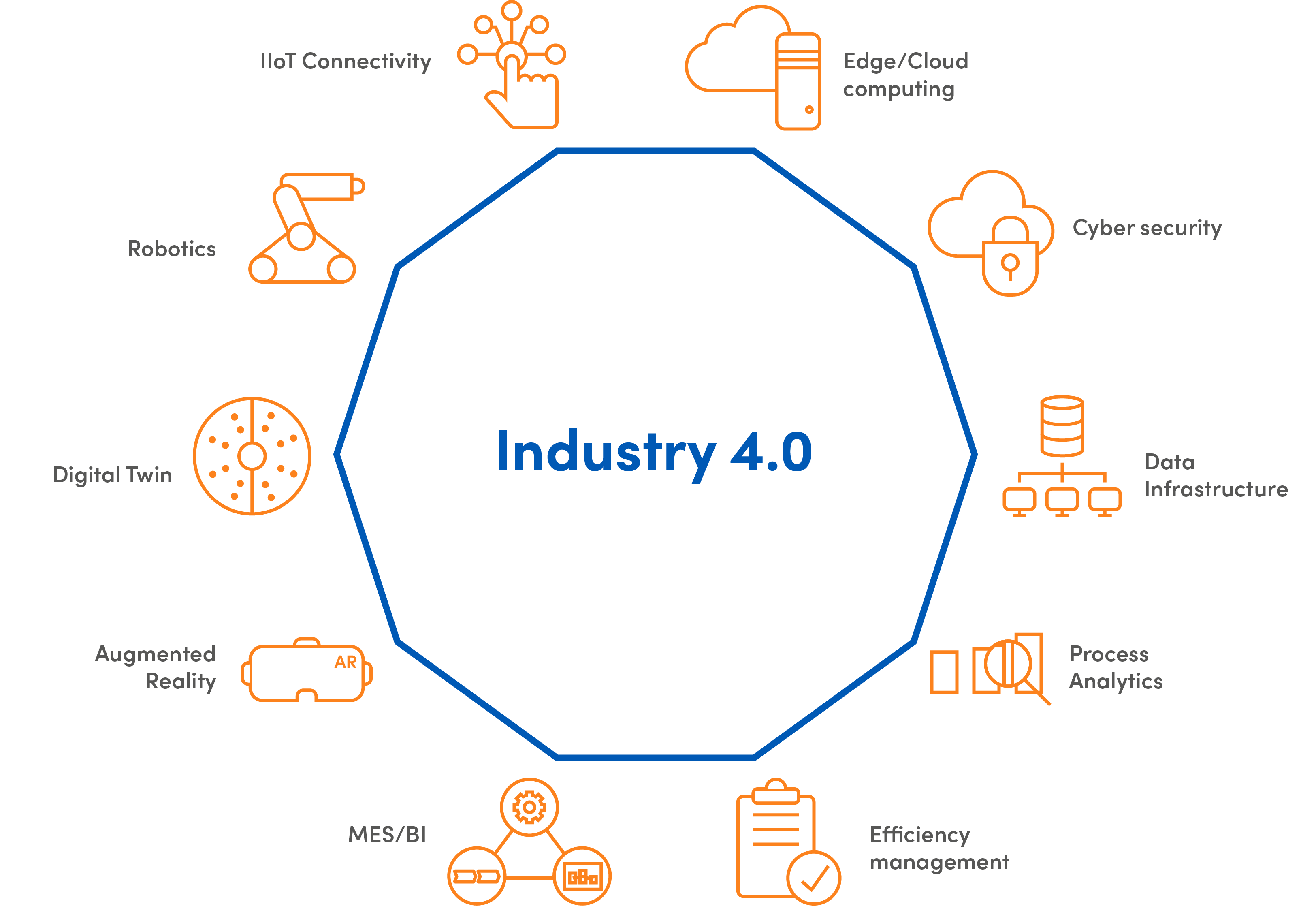Building Efficient and Secure Embedded Solutions for Industry 4.0

In the era of Industry 4.0, the convergence of advanced technologies is revolutionizing traditional industries and paving the way for unprecedented levels of efficiency, productivity, and automation. At the heart of this transformation lies embedded solutions, which play a crucial role in integrating automation, robotics, and artificial intelligence into industrial processes. This article explores the significance of embedded solutions in Industry 4.0 and highlights key considerations for building efficient and secure systems that meet the demands of this new industrial revolution.
The Evolution of Embedded Solutions in Industry 4.0
Embedded solutions have come a long way in the journey towards Industry 4.0. From simple microcontrollers to sophisticated embedded systems, their capabilities have expanded exponentially. The integration of sensors, actuators, and communication technologies has enabled real-time data collection, analysis, and decision-making, empowering industries to optimize their operations and drive innovation.
Harnessing Advanced Technologies for Efficiency
Industry 4.0 relies on automation, robotics, and artificial intelligence to achieve unprecedented levels of efficiency. Embedded systems serve as the foundation for integrating these technologies into industrial processes. Automation reduces human intervention, streamlines workflows, and minimizes errors, leading to improved productivity. Robotics brings precision, speed, and flexibility to manufacturing processes, enabling agile production lines and adaptive manufacturing. Artificial intelligence, including machine learning and deep learning algorithms, empowers embedded solutions to analyze vast amounts of data, identify patterns, and make intelligent decisions in real-time.
Ensuring Security in Embedded Solutions
As industrial systems become increasingly interconnected, security becomes paramount. Embedded solutions must be designed with robust security measures to protect sensitive data, ensure operational integrity, and prevent cyber threats. Secure communication protocols, such as Transport Layer Security (TLS) and Secure Shell (SSH), are essential for safeguarding data transmission. Implementing strong authentication mechanisms and encryption techniques ensures that only authorized entities can access and manipulate embedded systems. Regular security audits, updates, and patch management are crucial to addressing vulnerabilities and staying ahead of emerging threats.
Data Integrity and Real-time Analytics
In Industry 4.0, data is the lifeblood of decision-making processes. Embedded solutions must prioritize data integrity to ensure accurate insights and reliable operations. Proper data validation, error correction, and redundancy mechanisms are essential to maintain data integrity throughout the system. Real-time analytics, powered by embedded systems, enable proactive monitoring, predictive maintenance, and optimized resource allocation. By analyzing data in real-time, industrial processes can quickly adapt to changing conditions, prevent downtime, and maximize efficiency.
Scalability and Flexibility
Industry 4.0 demands scalable and flexible embedded solutions that can adapt to evolving requirements. As industrial systems grow in complexity, embedded systems need to handle increasing data volumes, accommodate additional devices, and support interoperability. Modular designs, standardized interfaces, and open communication protocols facilitate scalability and interoperability, allowing seamless integration with existing infrastructure and future technologies. Additionally, the use of edge computing techniques reduces latency, enhances system responsiveness, and enables distributed decision-making.
Conclusion
Embedded solutions are the cornerstone of Industry 4.0, enabling the integration of advanced technologies that drive efficiency, productivity, and automation in traditional industries. Building efficient and secure embedded systems requires careful consideration of communication protocols, data integrity mechanisms, real-time analytics, and scalability. As the fourth industrial revolution continues to unfold, embracing the potential of embedded solutions will unlock new possibilities and pave the way for a more interconnected and intelligent industrial landscape.
